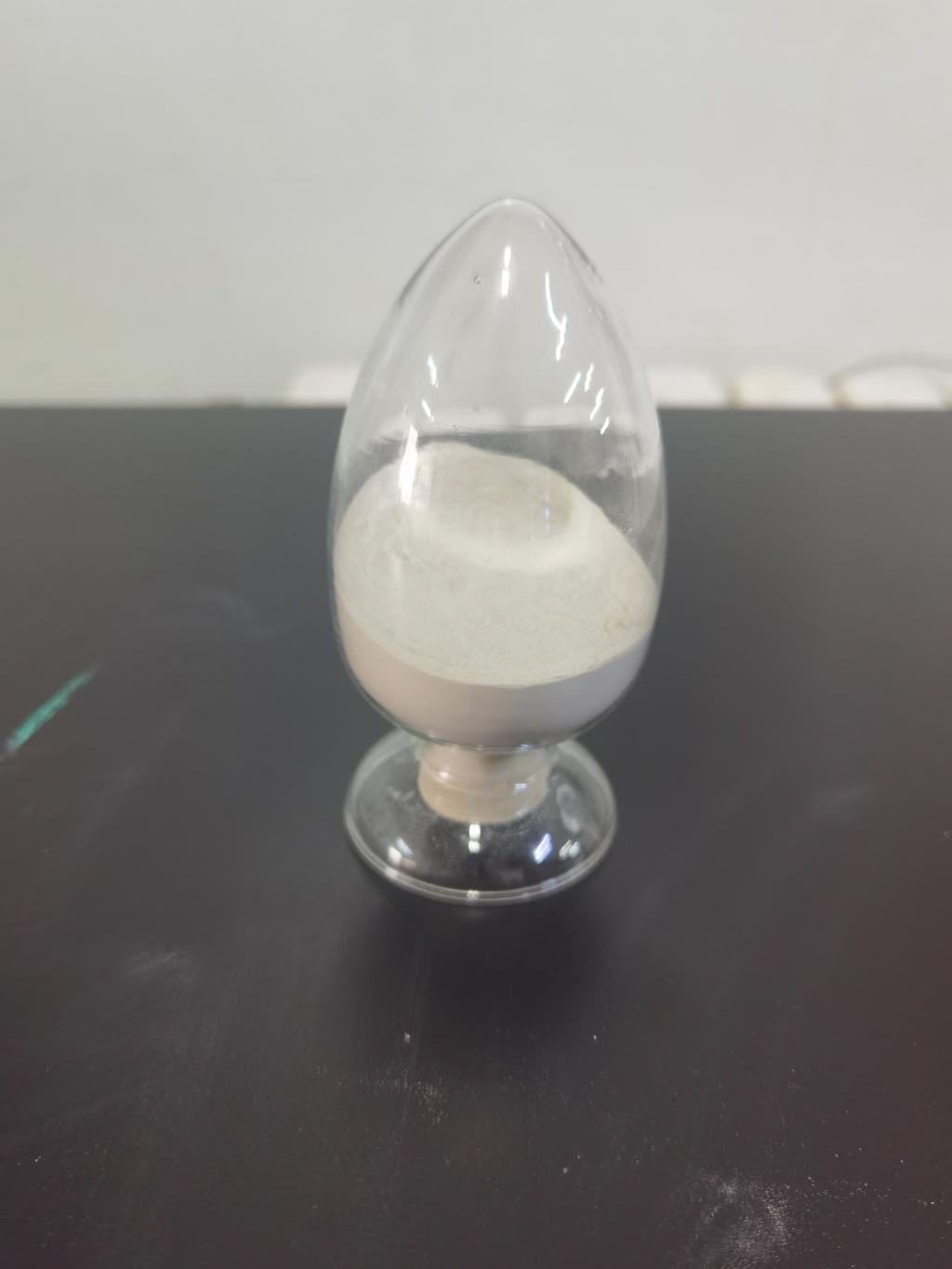Tel:+8618231198596

News
 CONTACT
CONTACT
 CONTACT
CONTACT
- Linkman:Linda Yao
- Tel: +8618231198596
- Email:linda.yao@dcpharma.cn
- Linkman:CHARLES.WANG
- Department:Overseas
- Tel: 0086 0311-85537378 0086 0311-85539701
News
The development of nisin-enriched food products could offer enhanced protection against spoilage.
TIME:2024-09-12
Understanding Nisin
Nisin is a class of peptide produced by the bacterium Lactococcus lactis. It is classified as a Type I bacteriocin and is known for its ability to inhibit the growth of a broad spectrum of Gram-positive bacteria, including those responsible for food spoilage and some foodborne illnesses. This antimicrobial property makes nisin a valuable addition to the arsenal of food preservation techniques.
Benefits of Nisin-Enriched Foods
The incorporation of nisin into food products can offer several advantages:
Enhanced Shelf Life: By effectively inhibiting the growth of spoilage bacteria, nisin can extend the shelf life of food products, thereby reducing waste and improving the economic viability of perishables.
Safety and Health: Nisin is generally recognized as safe (GRAS) by regulatory bodies such as the FDA and EFSA. Its natural origin and safety profile make it an appealing choice for consumers who prefer minimally processed and additive-free foods.
Sensory Quality Preservation: Unlike many synthetic preservatives, nisin does not significantly alter the flavor, color, or texture of food, thus maintaining the sensory qualities that consumers enjoy.
Synergistic Effects: When used in conjunction with other preservation methods, such as refrigeration, pasteurization, or packaging under modified atmospheres, nisin can provide a synergistic effect, further enhancing the overall safety and longevity of food products.
Applications of Nisin in Food Industry
Nisin finds applications across a variety of food sectors, but its potential is especially notable in products prone to bacterial spoilage:
Dairy Products: Cheese, milk, and yogurt can benefit from nisin's ability to prevent the growth of spoilage bacteria and certain pathogens, ensuring freshness and safety.
Meat and Poultry: Nisin can be used in processed meats to inhibit the growth of Listeria monocytogenes, a major concern in ready-to-eat meat products.
Seafood: Given the high risk of bacterial contamination in seafood, nisin can play a crucial role in maintaining the microbial quality of these products during processing and storage.
Challenges and Future Prospects
While the benefits of nisin are clear, there are also challenges that need to be addressed for its wider adoption:
Production Costs: The cost-effective large-scale production of nisin remains a hurdle. Innovations in fermentation technology could potentially reduce costs and improve accessibility.
Consumer Education: Raising awareness about the benefits and safety of nisin could help in gaining consumer trust and acceptance.
Regulatory Frameworks: Ensuring that nisin and nisin-containing products comply with national and international regulations will be essential for their successful commercialization.
Conclusion
The development of nisin-enriched food products represents a step towards safer and more sustainable food preservation practices. As research continues to uncover new applications and improvements in production efficiency, the potential for nisin to enhance food safety and reduce waste becomes increasingly apparent. By leveraging the natural properties of nisin, the food industry can meet the dual challenge of preserving food quality and safeguarding public health, aligning with modern consumer trends toward healthier, more natural food choices.
- Tel:+8618231198596
- Whatsapp:18231198596
- Chat With Skype







